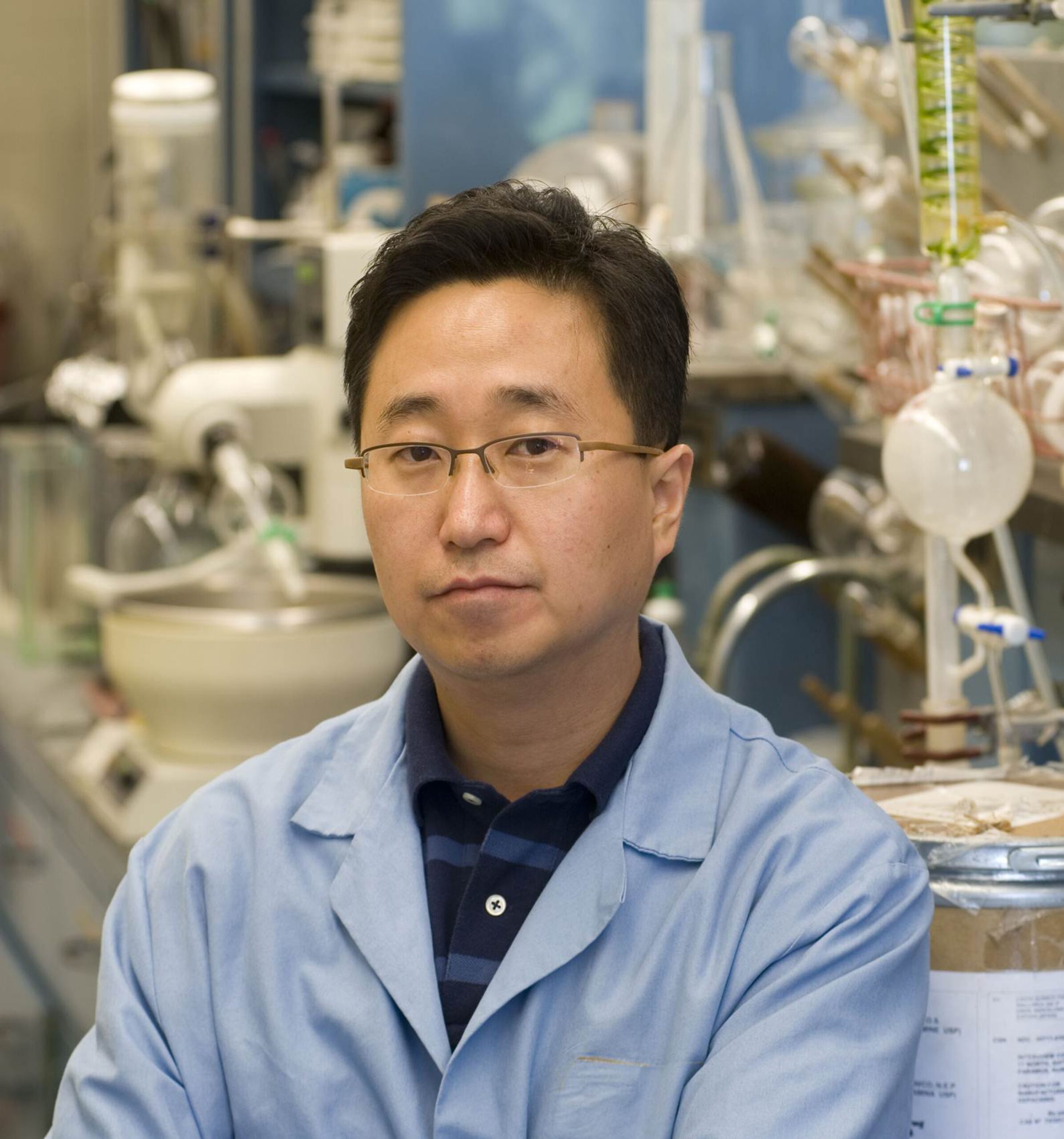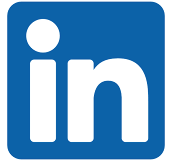NIH Postdoctoral Training for Translating Research in Regenerative Medicine
This T32 program aims to create “B3-Trained” professionals who have received intense exposure to a “Bench-to-Business-to-Bedside” approach, focusing on translating research in regenerative medicine. For this purpose, the training program should represent a range of breakthrough, innovative, multidisciplinary-oriented projects that can offer our trainees a range of scientific opportunity/experience to work on, from pioneering basic science to commercialization-ready projects.
Please find more information on the program here:

Professor Ki-Bum Lee – Program Director/Principal Investigator, T32
Prof. Ki-Bum Lee has been involved in research at the interface between nanotechnology, bioengineering, biomaterials, and stem cell biology, since he began his doctoral work/PD at Northwestern and Scripps (with Chad Mirkin and Peter G. Schultz) respectively. At Rutgers, his long-term research goal is to develop and integrate nanotechnologies and chemical biology tools to modulate signaling pathways in stem cells towards specific cell lineages or controlling their fate for the enhanced stem cell therapeutic applications and translational research. This approach was leveraged into a successful NIH Director’s New Innovator Awards (2009) to investigate multiple microenvironmental cues controlling human pluripotent stem cell neurogenesis. Moreover, Prof. Lee has been a primary program faculty and executive committee for the NIH T32 Ph.D. training program (NIH T32 GM008339) for six years and has mentored 3 NIH T32 Ph.D. students successfully so far. Currently, Dr. Lee has around 22 group members (2 post-doc researchers, 12 graduate students, and 8 undergraduates). Over the last 13 years, he has mentored/advised 11 post-docs and 21 graduate students who are successfully found their research positions in academia and industries. He is the first author, co-author, and corresponding author of approximately 100 articles published in high-profile journals including Science, Cell Stem Cell, Nature Chemical Biology, Nature Communications, J. Am. Chem. Soc., Angew. Chem, Int. Ed., Nano Letters, ACS Nano, Advanced Materials, Accounts of Chemical Research, Chemical Reviews, Biomaterials, Scientific Reports, Lab Chip, Small, Biomaterials, Nanomedicine, and Cancer Research, which are highly cited [Total 99 publications, >10,000 citations, h-index: ~52; 27 Patents/applications]. His academic and scientific experience and expertise in nanotechnology, biomaterials, and stem cell biology demonstrate the ability to lead this NIH T32 post-doc training program with Co-PI (Dr. Parekkadan).
Please follow us on:


